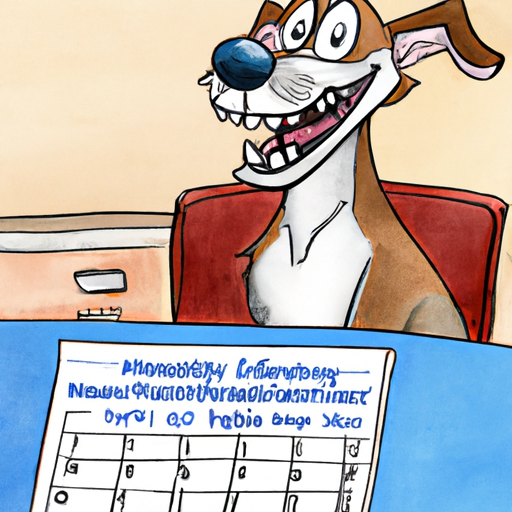Understanding the Importance of Your Dog’s Dental Health
You might not often think about your dog’s dental health as a priority. After all, they don’t really use their teeth for anything other than chewing their food and toys, right? Wrong. Just like in humans, a dog’s oral hygiene is integral to their overall health. Neglecting it can lead to severe problems such as periodontal disease, tooth loss, and even other serious health issues related to the heart, liver, and kidneys.
How Often Should a Dog’s Teeth Be Cleaned?
The frequency of cleaning your dog’s teeth can depend on various factors such as their breed, age, diet, and existing dental condition. However, as a general guideline:
- Daily brushing: Yes, you read it right. Ideally, you should brush your dog’s teeth daily. Doing so can help prevent the buildup of plaque and tartar, which are the leading causes of most dental issues in dogs.
- Professional cleanings: It’s recommended to take your dog for a professional dental cleaning at least once a year. For dogs prone to dental issues, your vet might suggest more frequent cleanings.
| Frequency | Type of Cleaning |
|---|---|
| Daily | At home brushing |
| Yearly | Professional cleaning |
Tips for Cleaning Your Dog’s Teeth at Home
Here are some helpful tips to make the process easier for both you and your furry friend:
- Start early: It’s best to start the routine when your dog is still a puppy. This way, they can get used to it from an early age.
- Use dog-specific toothpaste: Never use human toothpaste for your dog as it can be harmful if ingested.
- Choose the right brush: There are brushes specifically designed for dogs of different sizes. Make sure you choose the right one for your pet.
What If Your Dog Is Resistant to Teeth Cleaning?
Not all dogs will welcome the idea of getting their teeth brushed. Here are some strategies you can try:
- Use dental chews and toys: These are designed to help clean your dog’s teeth as they chew. It’s a more enjoyable alternative for them to traditional brushing.
- Try dental sprays or gels: These can be applied directly to your dog’s teeth and gums to help reduce plaque and freshen breath.
FAQ’s
Q: Can I use human toothpaste to clean my dog’s teeth?
A: No, human toothpaste can be harmful to dogs if ingested. Always use a toothpaste specifically designed for dogs.
Q: How often should I replace my dog’s toothbrush?
A: It’s recommended to replace your dog’s toothbrush every three to four months, or sooner if the bristles become worn out.
Q: My dog doesn’t like having their teeth brushed, what alternatives are there?
A: Dental chews, toys, sprays, and gels can be effective alternatives to traditional brushing.
Remember, taking care of your dog’s dental health is not just about maintaining their pearly whites, but also about ensuring their overall well-being. So, make it a part of your regular care routine. Your dog will thank you for it!



